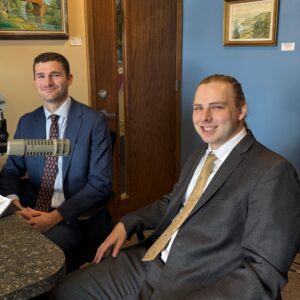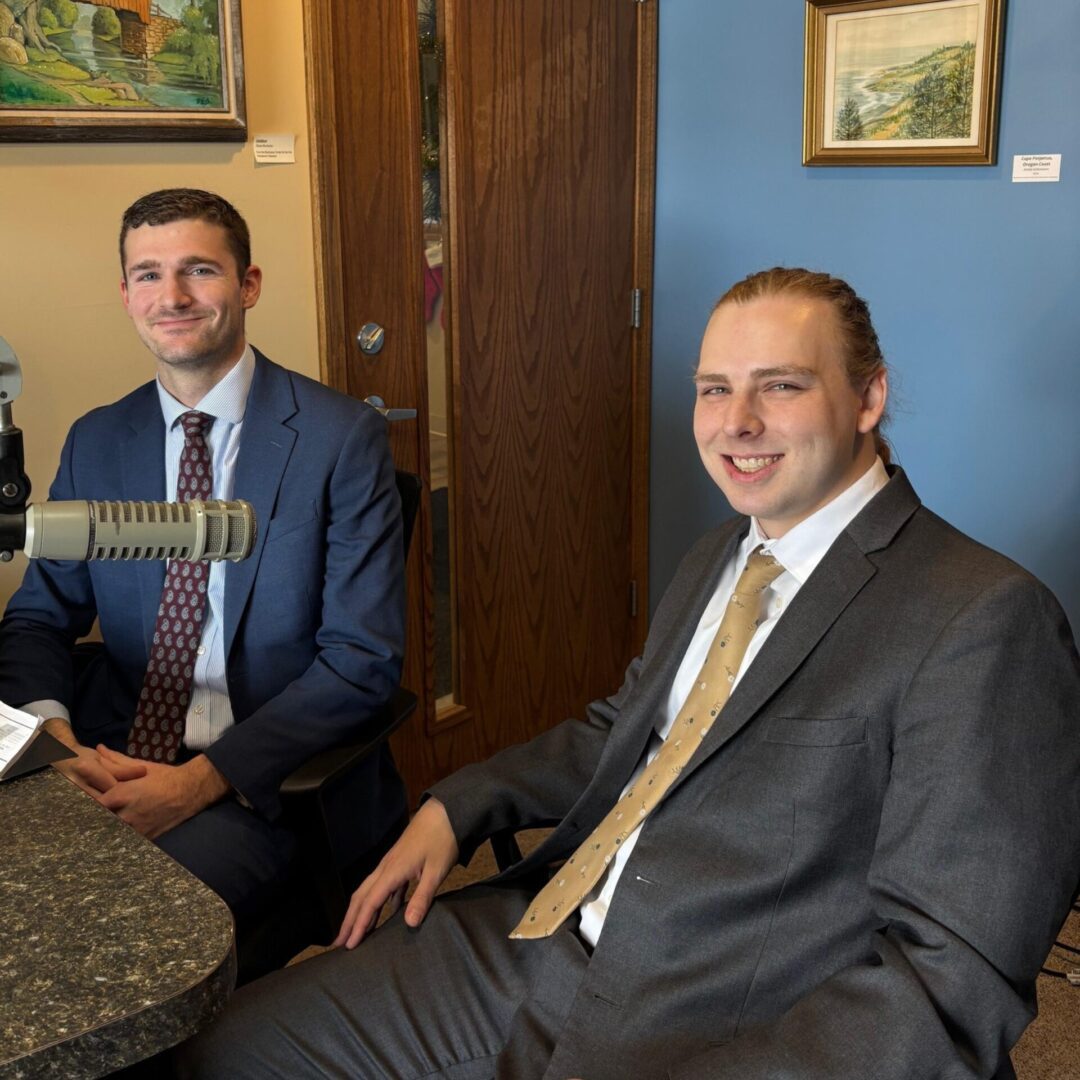If you want to make a big purchase, such as a new car or a piece of property, or you were faced with a large, unexpected expense, such as a major home or auto repair, would you have the funds readily available? If not, you might look at what may be your biggest pool of money — your 401(k) or IRA. But should you tap into these accounts well before you retire?
Maybe not — and here’s why:
• Less money in retirement – The more money you invest in your retirement accounts, and the longer you keep it invested, the more you’ll probably have when you need it most — when you’re retired. Consequently, taking out sizable amounts from these accounts before you retire could be costly, as it would disrupt the benefits of compounding that can be achieved by holding investments for the long term.
• Possible bump into higher tax bracket – The money you take out from your traditional IRA and 401(k) is taxable in the year of withdrawal. So, if you withdraw a significant amount of money at once from your traditional IRA or 401(k), you could be pushed into a higher tax bracket, at least for one year.
• Tax penalties – If you take money out of a 401(k) or traditional IRA before you turn 59½, you could face a 10% tax penalty, although some exceptions exist. Penalty-free withdrawals can be made for several reasons, including for education and medical expenses, first-time purchase of a home (up to $10,000), after the birth or adoption of a child (up to $5,000) and more (see irs.gov/taxtopics/tc557). With a Roth IRA, which is funded with after-tax dollars, you can withdraw contributions — but not earnings — at any time, for any purpose, without incurring penalties.
Given these issues, how can you avoid dipping into your retirement accounts when you’re faced with a financial need?
One possibility is to take out a loan from your 401(k). Unlike a 401(k) withdrawal, a loan is neither taxable nor subject to tax penalties. Also, the interest you pay on a 401(k) loan goes back into your account. Still, a 401(k) loan has its drawbacks. If you leave your job, you’ll likely have to repay the loan in a short period of time and if you don’t have all the money to repay it, the loan will be considered in default, so you’ll owe taxes and the 10% penalty if you’re younger than
59½. But even if you don’t leave your job and you do repay the loan, you’ll still have taken away money that could have potentially kept growing within your tax-deferred account. As mentioned above, as your money compounds, you’ll want to minimize disruptions.
Building an emergency fund is another way to gain access to cash. Such a fund should contain at least six months’ worth of living expenses, with the money kept in a liquid, low-risk account. It can take time to build a fund of this size, so it’s never too soon to start putting away money for it. To avoid the temptation of dipping into your emergency fund, you’d ideally keep this fund separate from your daily spending accounts.
Explore all your options before tapping into your IRA or 401(k) early. Keeping these accounts intact as long as possible is one of the best moves you can make to help build your future retirement income.
To hear the audio from local Edward Jones Financial Advisor Ryan Painter, click here.
***This article was written by Edward Jones for use by your local Edward Jones Financial Advisor. Edward Jones, Member SIPC***















